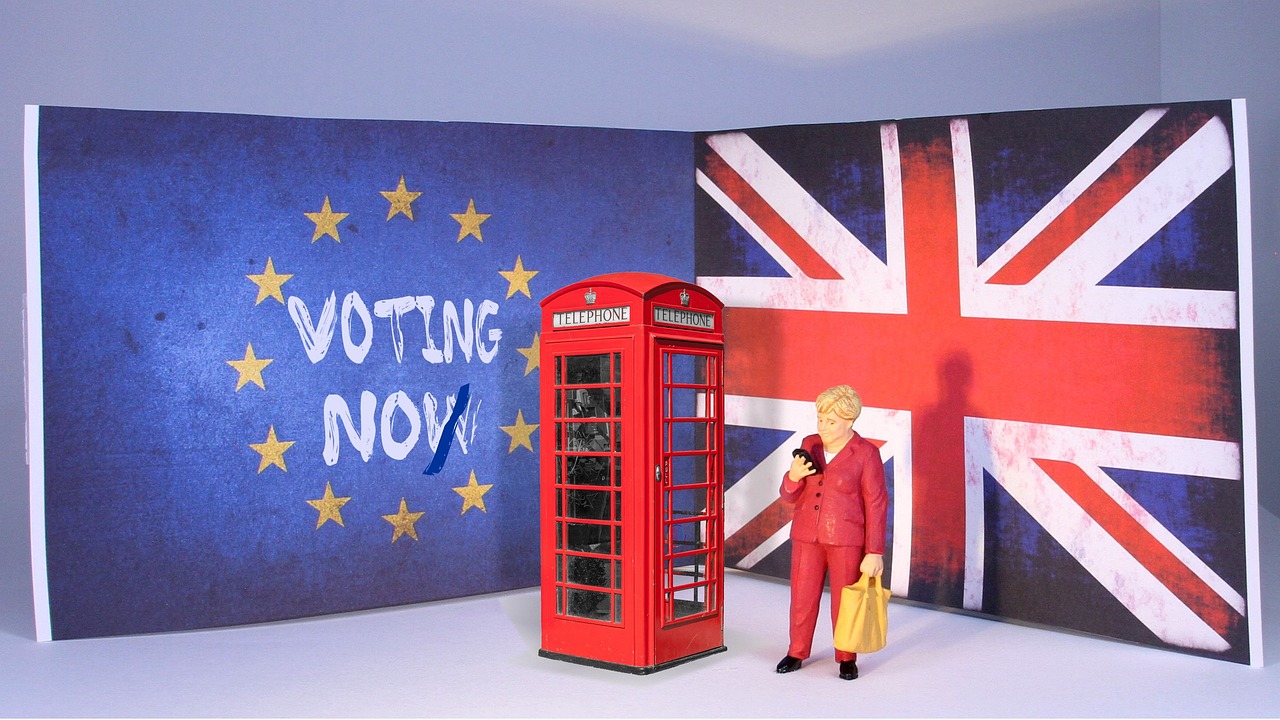Behavioral Economics in Political Decision-Making
Behavioral economics focuses on understanding how individuals make decisions in various situations, often deviating from traditional economic theory assumptions of rationality and self-interest. One key concept in behavioral economics is bounded rationality, where individuals make decisions based on cognitive limitations and incomplete information rather than full rationality. This concept helps explain why people may not always make optimal choices, as their decision-making is influenced by factors beyond pure logic.
Another important concept is behavioral biases, which are systematic patterns of deviation from rationality in judgment and decision-making. These biases can lead individuals to make predictable errors in their reasoning, such as overestimating future rewards or being influenced by emotional factors. By identifying and understanding these biases, behavioral economists can offer insights into how to design interventions to nudge individuals towards making better decisions in various aspects of life.
Bounded rationality: Individuals make decisions based on cognitive limitations and incomplete information
Behavioral biases: Systematic patterns of deviation from rationality in judgment and decision-making
– Overestimating future rewards
– Being influenced by emotional factors
Designing interventions to nudge individuals towards making better decisions
Understanding Human Decision-Making
Human decision-making is a multifaceted process that is influenced by various factors. One key element that plays a significant role in decision-making is cognitive biases. These biases are mental shortcuts that can lead individuals to make decisions based on irrational or inaccurate information, rather than objective facts. For example, confirmation bias causes people to seek out information that confirms their pre-existing beliefs, while availability heuristic leads individuals to heavily weigh more readily available information, even if it’s not the most relevant.
Another important aspect in understanding human decision-making is the concept of prospect theory. Proposed by psychologists Daniel Kahneman and Amos Tversky, prospect theory suggests that individuals evaluate potential losses and gains differently, often making decisions based on perceived loss or gain rather than actual value. This can lead to risk-averse behavior when faced with potential gains and risk-seeking behavior when faced with potential losses, showcasing the complexity of how emotions and cognitive processes intertwine in decision-making.
Impact of Emotions on Political Choices
When it comes to making political choices, emotions play a significant role in influencing individuals’ decision-making processes. Emotions such as fear, anger, hope, and empathy can sway voters towards or away from a particular candidate or policy. Studies have shown that emotional responses can often override logical reasoning when it comes to political decision-making, leading individuals to make choices based on their feelings rather than facts or evidence.
Emotions can also shape individuals’ perceptions of political issues and events, affecting how they interpret and respond to information presented to them. For example, individuals who feel a sense of anger towards a specific political party or leader may be more likely to dismiss any positive information about them and focus solely on negative aspects. Similarly, individuals who feel hopeful about a candidate’s promises may overlook any potential drawbacks or inconsistencies in their policy proposals.
How do emotions influence political choices?
Emotions can play a significant role in political decision-making by affecting how individuals perceive information, make judgments, and ultimately choose candidates or policies.
Can emotions lead to biased decision-making in politics?
Yes, emotions can lead to biased decision-making in politics, as individuals may be more likely to make choices based on how they feel rather than objective facts or rational reasoning.
Are there specific emotions that tend to have a greater impact on political choices?
Research has shown that emotions such as fear, anger, and disgust can have a particularly strong influence on political choices, often leading to more polarized and extreme decision-making.
How can individuals become more aware of the influence of emotions on their political choices?
By understanding the key concepts in behavioral economics and human decision-making, individuals can become more aware of how emotions can impact their political choices and strive to make more informed and rational decisions.
Are there strategies that can help individuals make more rational political choices?
Yes, individuals can work to increase their emotional intelligence, practice mindfulness, and seek out diverse perspectives to help mitigate the influence of emotions on their political choices and make more rational decisions.







